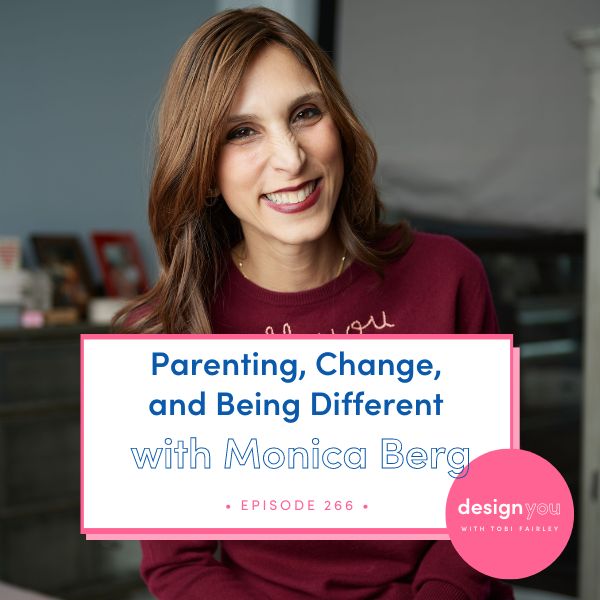
Last week, I spoke on the podcast about the business I’m excited to be starting with my daughter. In this episode, I’m bringing a returning guest back because she’s written a book with her daughter called The Gift of Being Different, and the story behind it is super inspirational.
Monica Berg is an international speaker, spiritual thought leader, author, and podcaster. A self-proclaimed “change junkie,” Monica shows individuals how to create a life that not only feels like it’s working, but most importantly a life in which they are living and loving as the powerful, fulfilled person they’ve always wanted to be.
We have a lot to learn from our children, so tune in this week to discover why the things that make you different are your superpower. We’re discussing Monica’s new book, her experience as a parent, why change is a recipe for happiness, and some amazing advice about the expectations we have for our kids as they grow up.
My new e-commerce shop is launching on June 1st 2023! Follow Fairley Fancy on TikTok and Instagram to follow along with the launch, stay up to date with details of giveaways, and all the good stuff.
If you’re an interior designer or creative looking to up-level your business, I have something for you. It’s my Build a Better Business Guide. Burnout, undercharging and the feast and famine cycle are rampant in the design industry but there’s a better way to run your business. Click here to get my manifesto and guide that will have you on your way to a business with more ease, more joy, and more money.





